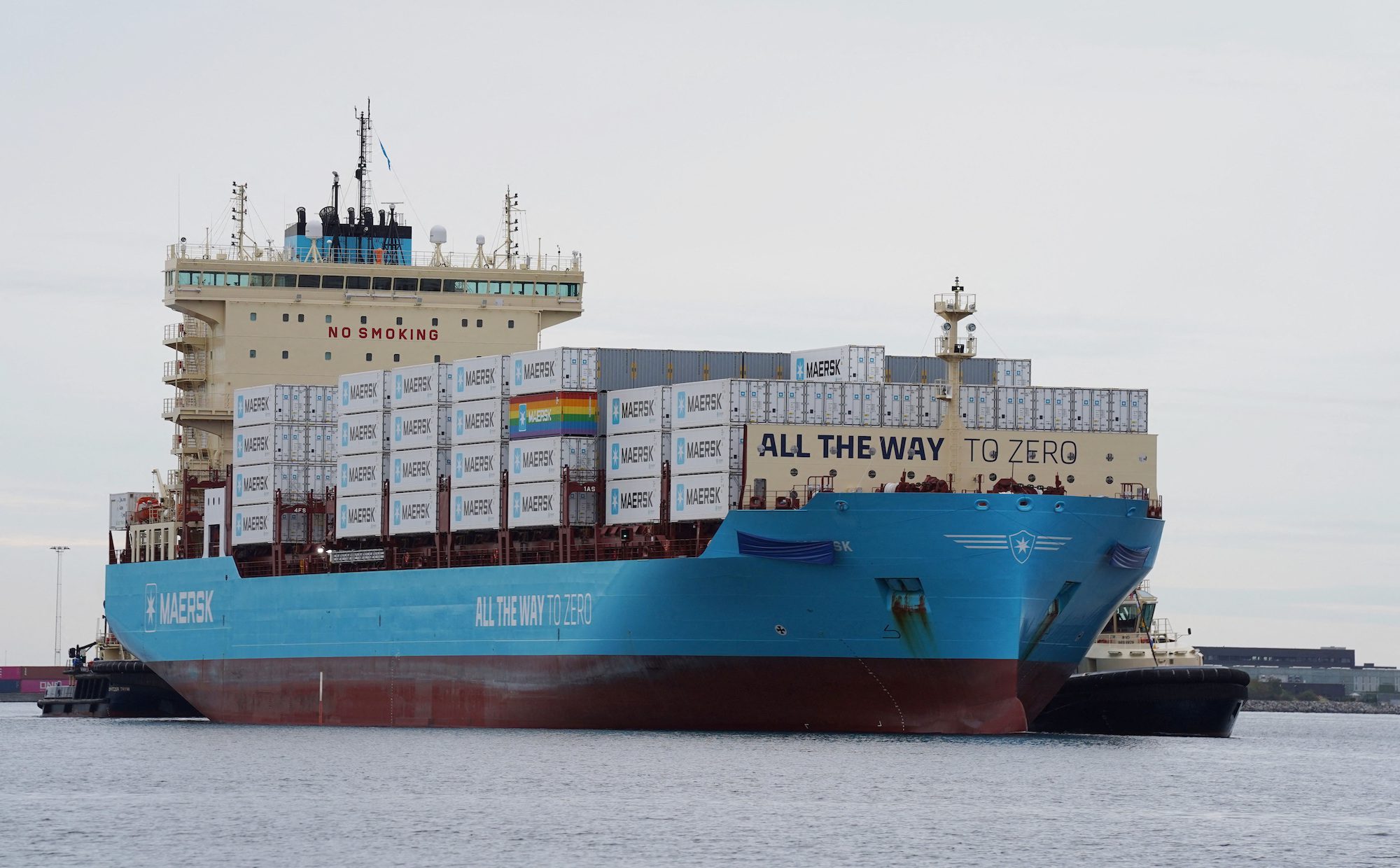U.S. Customs Revenue Tops $100 Billion for First Time Amid Tariff Surge
US revenue from customs duties this fiscal year surpassed $100 billion for the first time, reflecting higher tariffs imposed by the Trump administration.

Lloyd’s Register (LR) and CORE POWER have initiated a joint regulatory assessment study to explore the feasibility and regulatory frameworks necessary for a nuclear-powered containership using a fourth-generation reactor to conduct cargo operations in a European port.
The collaboration, joined by A.P. Moller – Maersk (Maersk), has been formalized through a joint development project agreement.
The study aims to investigate the requirements for updated safety rules and the improved operational and regulatory understanding needed to apply nuclear power in container shipping. It will also seek to offer insights for maritime value chain members exploring the business case for nuclear power, helping shape fleet strategies towards achieving net zero greenhouse gas emissions.
The study will combine LR’s maritime advisory expertise, CORE POWER’s advanced nuclear energy technology for maritime applications, a leading Port Authority, and Maersk’s extensive shipping and logistics experience.
“The initiation of this joint study marks the beginning of an exciting journey towards unlocking the potential of nuclear power in the maritime industry, paving the way for emissions-free operations, more agile service networks, and greater efficiency through the supply chain,” said Nick Brown, CEO of Lloyd’s Register. “A multi-fuel pathway to decarbonizing the maritime industry is crucial to ensuring we as an industry meet the IMO’s emission reduction targets, and nuclear propulsion shows signs of playing a key role in this energy transition.”
UK-based CORE POWER specializes in developing nuclear power technology for maritime shipping.
“A critical key to unlocking the vast potential for nuclear energy to transform how the maritime sector is powered is the standards framework for commercial insurability of floating nuclear power plants and nuclear-powered ships that would operate in nearshore environments, ports, and waterways,” said Mikal Bøe, CEO of CORE POWER. “We’re immensely pleased to be working with some of Europe’s most respected industry participants to set out the conditions for how this can be achieved.”
Ole Graa Jakobsen, Head of Fleet Technology at Maersk, said that nuclear power, despite its challenges, could become a viable decarbonization option for the logistics industry in the future.
“Nuclear power holds several challenges related to safety, waste management, and regulatory acceptance across regions. So far, the downsides have clearly outweighed the benefits of the technology. If these challenges can be addressed by developing the new fourth-generation reactor designs, nuclear power could potentially mature into another possible decarbonization pathway for the logistics industry 10 to 15 years in the future. Therefore, we continue to monitor and assess this technology, along with all other low emission solutions,” said Jakobsen.

Sign up for gCaptain’s newsletter and never miss an update

Subscribe to gCaptain Daily and stay informed with the latest global maritime and offshore news


Stay informed with the latest maritime and offshore news, delivered daily straight to your inbox
Essential news coupled with the finest maritime content sourced from across the globe.
Sign Up